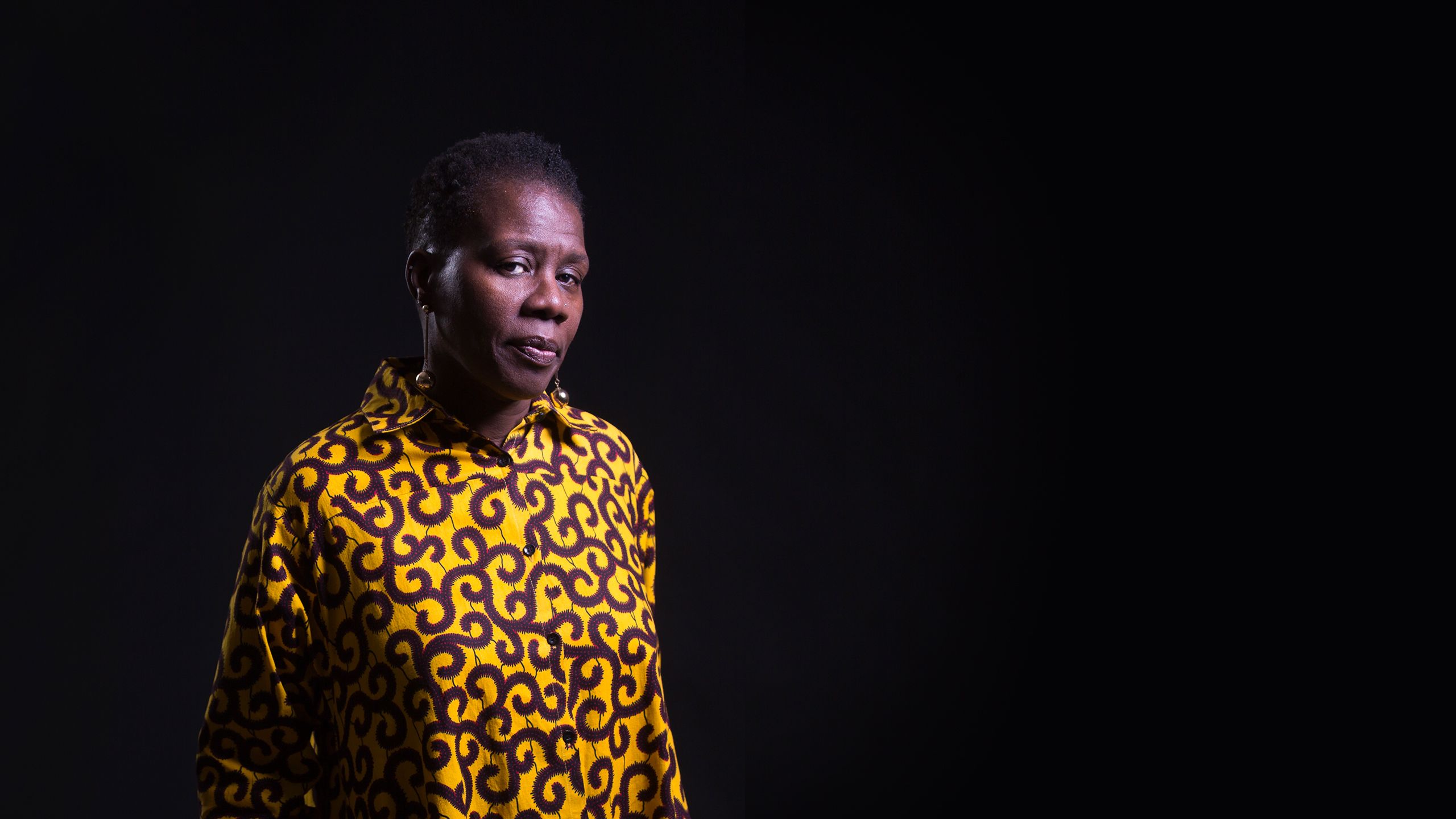CAROL HENDERSON
Education Is a Social Justice Issue, Too

RIGHT NOW, we are living in a time of sheer bewilderment and incredulousness as the guiding principles of our national pledge “… one nation, under God, indivisible, with liberty and justice for all” rings hollow for Black people who find themselves on the wrong end of a gun or a knee. Or at the mercy of inequitable health care systems and a pernicious disease whose lethal force makes starkly clear its disproportionate and adverse impact on Black, Latinx, Native, Indigenous, and low-income communities. Such daunting racial and social injustices and inequities can stretch one’s human capacity and leave one overwhelmed and exhausted by what is still left to do.
Marian Wright Edelman has a quote in her book, A Measure of Our Success: A Letter to My Children and Yours, that has centered me during this unparalleled time of profound loss and grief: “[W]e must not, in trying to think about how we can make a big difference, ignore the small daily differences we can make which, over time, add up to big differences that we often cannot foresee.”
It is this work that I—we—must lean into each and every day, steadfast in our commitment to the common good; courageous in our resolve to have necessary conversations about hatred, bias, racism, and inequity; consistent in our abilities to embrace the values of diversity, equity-mindedness, inclusion, and justice in principle and in practice so we can dismantle systemic barriers of all kinds.
We must remind ourselves that education, too, is a social justice issue. It is one of the few mechanisms left in our society that enables social mobility. It is within our reach to not only ensure equal access to Emory’s world-class education, but to ensure that, while generating new knowledge, we create an academic community that reflects the world we live in—a community where everyone can thrive and succeed as they bring their whole selves to the classroom and the office.
This journey is a daily one—one that requires grace, humility, self-awareness, and persistence. Each day I ask myself: “What can we accomplish today?” Because the grace is, we have twenty-four hours each day with which we are blessed to live to create change. The question then becomes, “When we look back on this unprecedented time in history, what do we want others to say about our presence and leadership in this moment? About Emory’s commitment to the work of justice, equity, diversity, and inclusion because they are inextricably linked?”
We want people to say we made daily strides for the betterment of the common good. That we were intentional in our work to end “isms” of every kind. That we transformed the educational trajectory of families and individuals in underserved communities in affirming, impactful, and sustainable ways. That through our partnerships, our knowledge, our creativity, and our resources, we made an impact on neighborhoods, cities, states, and nations. That we made the planet a better place for our children, and for our children’s children.
We want people to say we used education to forever change the world.
CAROL HENDERSON
Vice Provost for Diversity and Inclusion
In her role as Emory’s first chief diversity officer and as an adviser to the president, Henderson strives to bring equity and inclusion to every unit and level of the university.

WANT TO KNOW MORE?
Please visit Emory Magazine, Emory University and Emory News Center.

